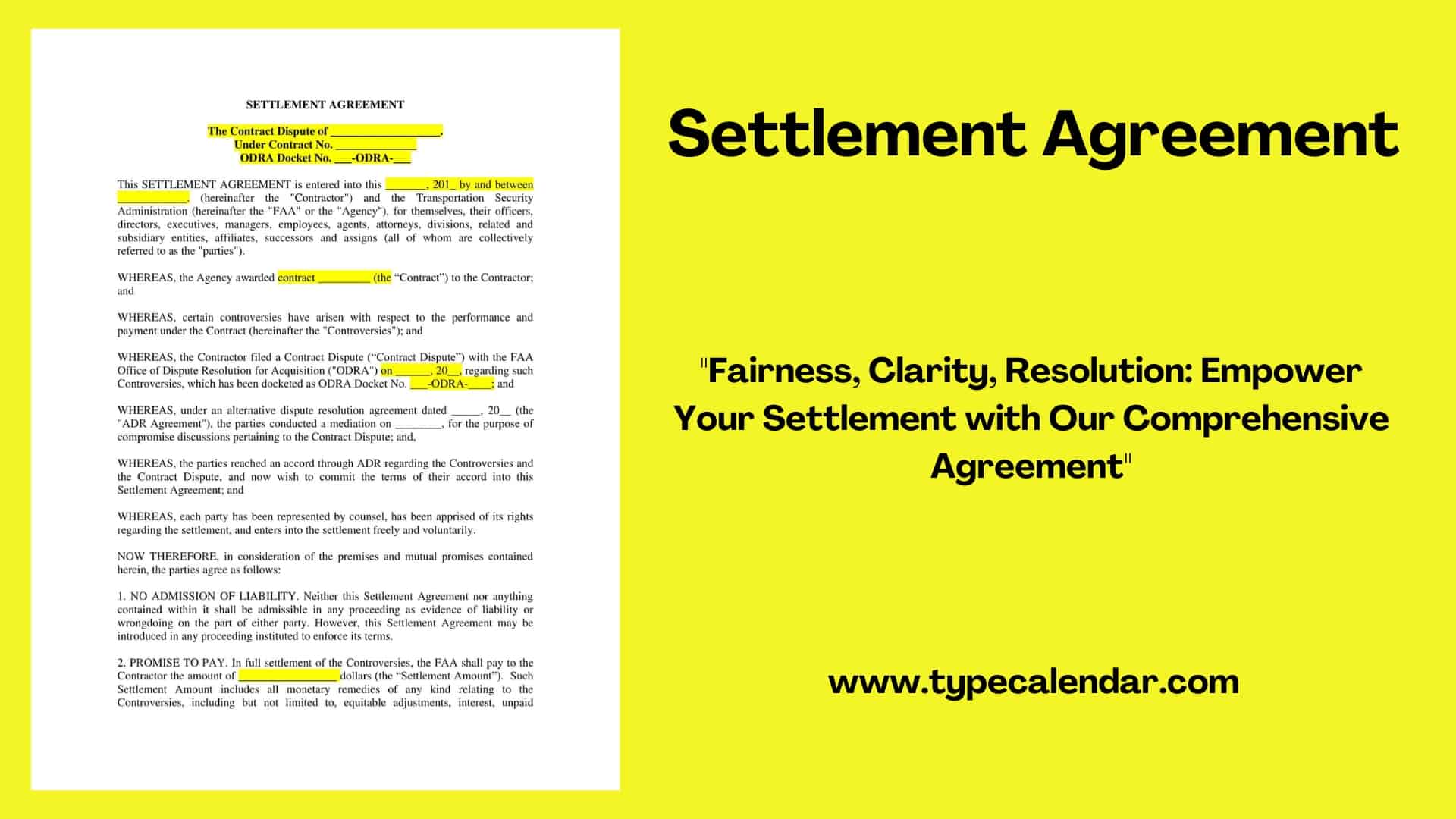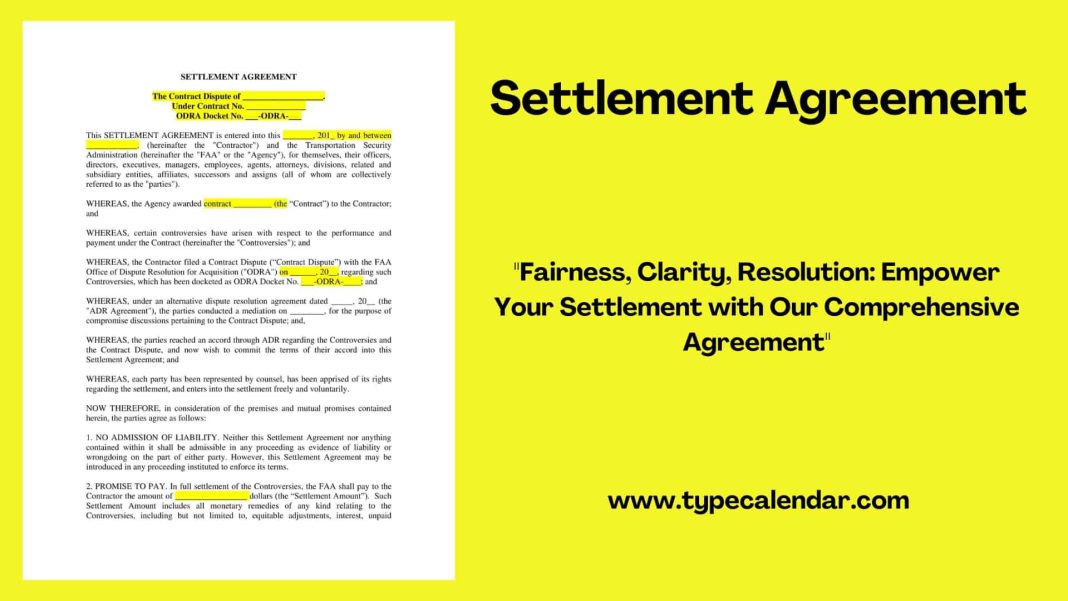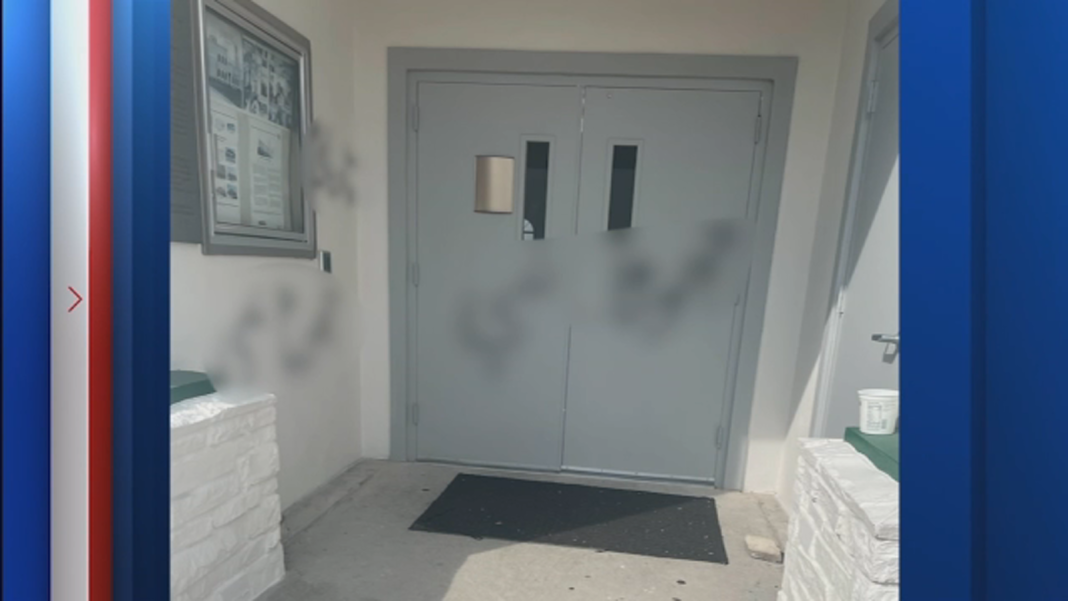 Chevron and the city of Richmond, California, have reached a settlement agreement in a long-standing dispute over a proposed refinery tax measure. As part of the settlement, Chevron will pay the city $550 million over a period of 10 years. The Richmond City Council unanimously approved the agreement on August 14th.
Chevron and the city of Richmond, California, have reached a settlement agreement in a long-standing dispute over a proposed refinery tax measure. As part of the settlement, Chevron will pay the city $550 million over a period of 10 years. The Richmond City Council unanimously approved the agreement on August 14th.
Under the terms of the settlement, Chevron will make annual payments of $50 million for the first five years, starting in 2025. After that, the amount will increase to $60 million per year until 2035. In return, the city has agreed to drop a resolution that would have imposed a new tax of $1 per barrel on Chevron’s oil refinery in Richmond. The city’s finance director estimated that the proposed tax would have generated between $60 million and $90 million per year for Richmond.
The settlement funds will go into a general fund, and Chevron has agreed not to dictate how the money is spent. It’s important to note that Chevron will continue to pay regular city taxes, including the Measure U business license tax, the utility users tax, and property taxes, at the standard rates. The $550 million payment will be credited against any new taxes that Richmond may impose on Chevron over the next 10 years.
This settlement comes after a week of negotiations between Chevron and the city. Initially, Chevron offered $30 million per year for a total of $300 million over a decade. However, the final settlement amount of $550 million demonstrates a significant increase in Chevron’s commitment to the city of Richmond.
The strained relationship between Chevron and Richmond has been a cause for concern in recent years. The city has accused Chevron’s oil refining activities of contributing to health issues in the community. Additionally, Richmond is facing a budget deficit, with projected shortfalls of $30.1 billion by 2029 under a baseline scenario and $42.5 billion under a pessimistic estimate for the fiscal year 2024-2025.
The proposed refinery tax on Chevron was seen as a way to address the budget gap and ensure that the company pays its fair share. Richmond Vice Mayor Claudia Jimenez emphasized that the intention was not to drive Chevron away but rather to advocate for equitable contributions from a business with significant financial resources.
Chevron, on the other hand, criticized the proposed tax as a hasty proposal that would hinder the company’s ability to invest in improvements at its Richmond facility. The settlement agreement reached between Chevron and Richmond now removes the threat of the refinery tax and provides a path forward for both parties.
In a statement, Chevron emphasized its commitment to providing affordable, reliable, and cleaner energy to Northern California. The settlement signifies a new beginning for Chevron and Richmond, but it is just the start of a larger conversation. The city will need to address its budget deficit and explore additional revenue sources to ensure long-term financial stability.
Overall, the settlement between Chevron and Richmond showcases the importance of collaboration and compromise in finding solutions to complex issues. It also highlights the need for businesses and communities to work together to create mutually beneficial outcomes. By reaching this agreement, both Chevron and Richmond can now focus on building a stronger relationship and addressing the challenges they face in a constructive manner.


